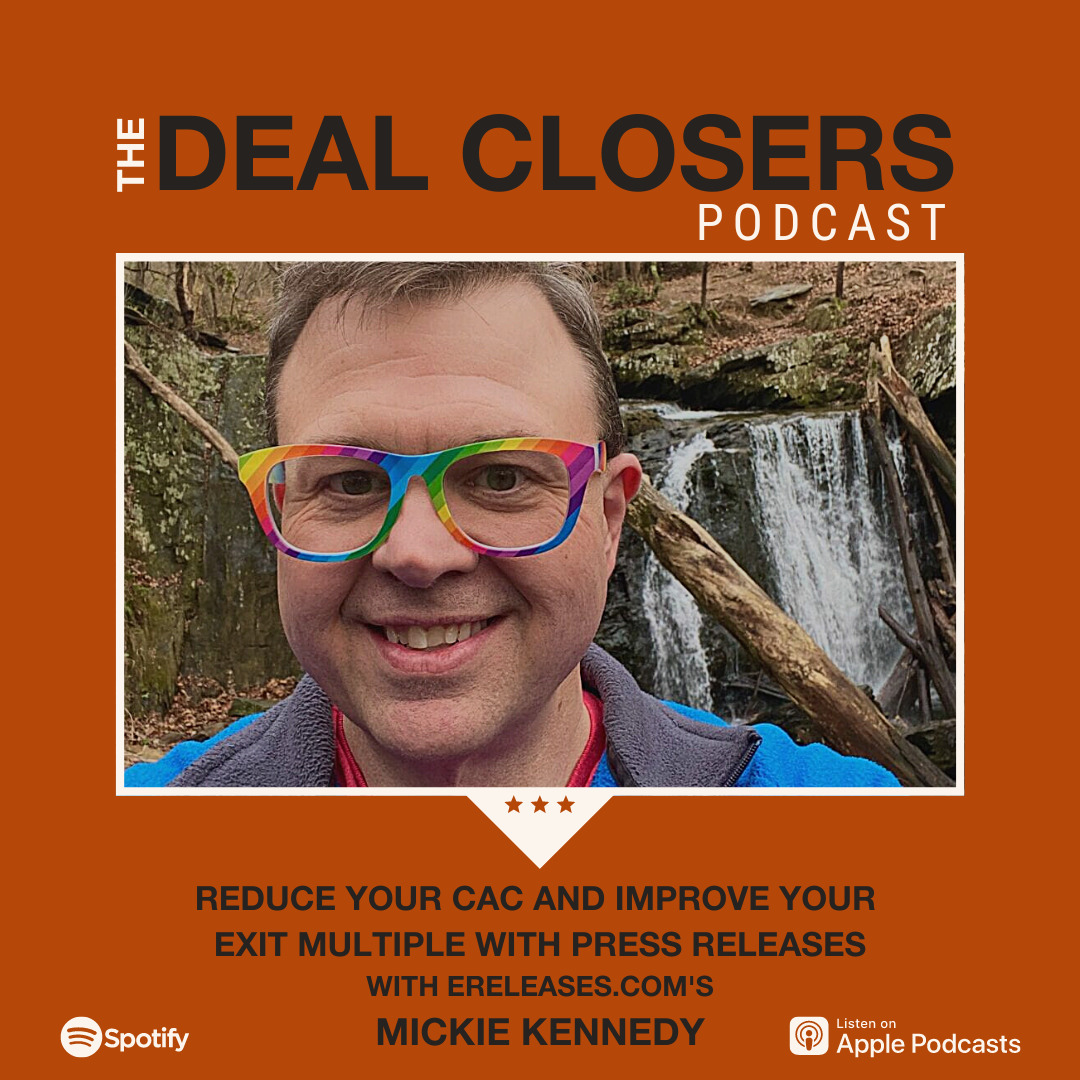
Two ways will enable you to determine whether you have a business with healthy growth: First is Customer Acquisition Cost (CAC), which is the cost of your business to acquire new customers. Second is Customer Lifetime Value (CLV), which is the total revenue you generate from a customer from every transaction with your company in its lifetime. In this article, we will delve into the importance of CAC.
Customer acquisition Cost (CAC) is the cost you incur over a certain period in acquiring new paying customers, which is crucial in understanding how to build long-term relationships with customers. To determine the CAC score, use the following formula:
CAC = Total Marketing and Sales Costs/ Number of New Customers Acquired
Higher revenue from each customer in its relationship in the lifetime of your business compared to the CAC score shows healthy growth for the company.
CAC score is a much more advanced metric that compares your customer acquisition cost to the ideal industry CAC. Before most business owners’ knowledge, CAC scores can be reduced. Just as coronary arteries must remain clear to ensure a healthy heart, a business must keep its CAC low to maintain financial health. It isn’t required to keep spending a lot on customer acquisition, ensuring efficiency on marketing and sales expenses and utilizing it to be effective will help acquire new customers at a lower cost.
Exit multiple is one of the easiest ways to help determine a business’s value based on the value of its financial performance when the sale happens. Understanding exit multiple valuation helps the buyer and the seller gain valuable insights during business deals like mergers and acquisitions.
It is ideal for a company to have a low CAC to maximize revenue generation. If you are asking right now, “How do I reduce a high CAC score”? Then the following strategies on how to reduce CAC score effectively will help you:
These are the ways a business can reduce CAC, which helps foster healthy business growth effectively.
Press releases have been a valuable and dependable tool for businesses to provide news and updates to consumers, helping to impact user experience positively. They help build brand awareness and enhance your business’s credibility, enabling companies to communicate their messages to consumers to strengthen their market position.
Press releases expose your brands to wider audiences: once picked up by news outlets, it serves as an advertising campaign for your business. It also helps lead businesses’ credibility, and consumers are more likely to engage with companies they find from reliable sources, helping drive more traffic and increase conversions.
Press releases don’t just increase the company’s brand awareness. Still, they are broadcasted from reliable sources, making them more appealing to buyers and leading to higher valuations without costly marketing campaigns. This type of engagement positions the company strategically so that it results in competitive offers from numerous prospective acquirers, boosting the business’s chances of successful exit.
Exit multiple is one of the easiest ways for business valuation; it uses EBITDA, which is earnings before interest, taxes, depreciation, and amortization. To know how to determine exit multiple, you’d first need to compute your Enterprise Value (EV) and make use of the following formula:
EV = Market Value of the Company + Total Debt – Cash
Now you can compute for your exit multiple:
Exit Multiple = EV / EBITDA
Exit multiple gives you a solid idea of your business value and easy-to-understand financial figures.
Reducing CAC score does not directly signify that the business will gain higher noticeable numbers. When CAC is reduced, it should be due to the companies’ resources being utilized better by more practical and cost-effective marketing strategies to ensure that revenue from consumers is higher compared to CAC.
Reducing CAC without increasing CLV will not lead to the business gaining higher business valuations for a successful exit or healthy growth.
As previously mentioned, a press release is a cost-effective way to offer significant advantages to any company. Here are ways for you to leverage press releases to help drive business growth:
Following those as mentioned above will help ensure that press releases work in the favor of your company and lead to more conversions.
It is essential to track all the key performance indicators to measure the success of your press release. Monitoring conversions, website traffic, and media coverage will reflect the impact of the press release on your company and whether it did what you hoped it would do for your business. This helps gauge the success of your release strategy, providing better insights for future optimization.
In conclusion, by optimizing marketing spend, not only can you reduce CAC score but understanding the effects of having a low CAC score helps businesses gain sustainable growth for a brighter future and maximize exit multiples. Implementing strategies that better build the business’s brand awareness and credibility and increase its appeal to consumers and prospective buyers, help lead to a successful exit and higher valuations.